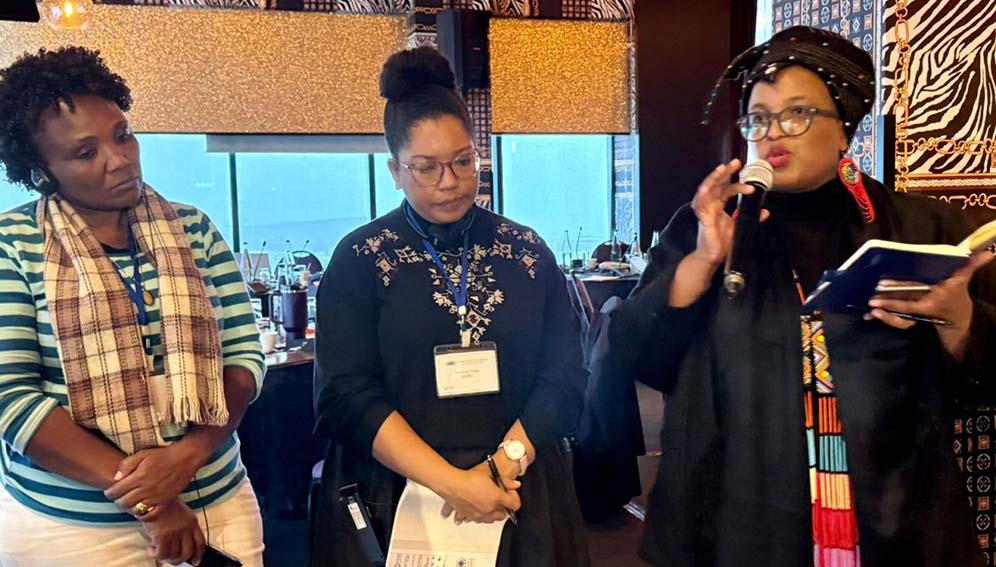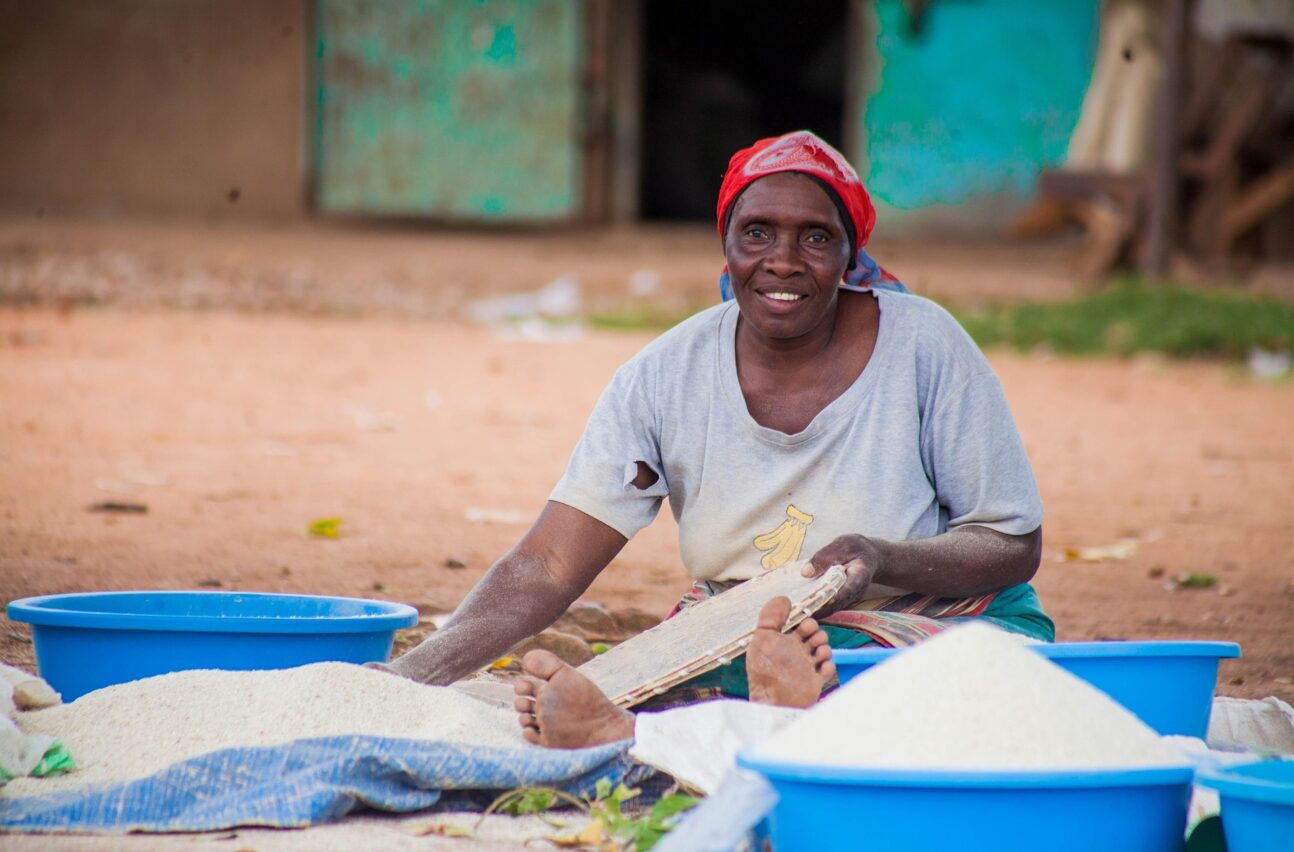SGCI News
Scientists in Rwanda have found trees that could generate clean electricity. Scientists at Rwanda Forestry Authority have identified two tree species with potential to generate clean electricity, bringing power to…
Rwandan scientists identify trees suitable for sustainable power generation.
The high energy potential trees could reduce reliance on fossil fuels.
The tree species could improve soil health and enhance food security.
Scientists in Rwanda have found trees that could generate clean electricity.
Scientists at Rwanda Forestry Authority have identified two tree species with potential to generate clean electricity, bringing power to remote communities.
Rwanda has set a target of 100 per cent electricity access by 2030, but access to power in rural areas is still limited.
To address this, researchers are exploring the potential of generating electricity from sustainably grown plant biomass, assessing the energy potential of various tree species.
Bonaventure Ntirugulirwa, a senior researcher leading the initiative, said biomass had largely been ignored, despite its potential to replace conventional fossil fuels as a high-energy alternative.
“This project was designed to meet the electricity needs in rural areas,” he said.
After studying the biomass potential of a number of fast-growing trees and shrubs, the researchers identified the species Senna siamea and Gliricidia sepium as prime candidates for electricity generation.
These trees’ high wood density and calorific values mean they burn efficiently, making them high-heat alternatives to fossil fuels.
Ntirugulirwa explains that the research aimed not just to find trees that burn efficiently, but to address energy gaps in remote areas sustainably.
The research, he said, “would contribute to several objectives, such as protecting land, improving the soil, securing food, mitigating climate change, and alleviating rural poverty”.
The researchers explored the potential of multipurpose tree species such as Cajanus cajan (pigeon pea), Calliandra calothyrsus, Hagenia abyssinica (African redwood) and Senna spectabilis (whitebark senna).
These trees not only offer fuel for electricity generation but also provide valuable resources for farmers and their communities, said Ntirugulirwa.
“Farmers were allowed to test a given set of practices on their farm and select the ones that work best under their conditions,” he explained.
Farmers in different regions identified their preferred species based on local conditions and needs, he added.
With the most promising tree species identified, the researchers say they are now focused on generating electricity.
To make this happen, the project will rely on the active participation of farmers to grow enough biomass for energy production, Ntirugulirwa said.
So far, the team has measured the heating value of the biomass at the Rwanda Standards Board. However, testing for other key elements such as carbon and hydrogen will need to be carried out in Sweden, as Rwanda lacks the specialised equipment.
Babatunde Ajayi, a professor of Wood Products and BioResources Technology at the Federal University of Technology, in Akure, Nigeria, praised the project’s approach, particularly for addressing food shortages, poverty, and electricity gaps in rural areas.
“It’s good the initiative is resolving these issues,” he said.
“Using biomass to generate electricity is a welcome idea, especially in rural areas where access to power is extremely poor,” added Ajayi.
He compared the process to solar power, which uses sunlight to generate electricity.
“Once you put the biomass into a machine, it will convert it into electrical energy,” Ajayi said.
“It is like using solar, whereby a panel is outside, the sun beats the panel, and it is converted to electricity.”
The research project was funded by the Science Granting Councils Initiative (SGCI) in collaboration with Rwanda’s National Council for Science and Technology.
This article was written by Afeez Bolaji
Related News
TETFund, Innov8 Hub showcase innovations at research demo day
The Tertiary Education Trust Fund (TETFund) and Innov8 Hub have concluded the Science Granting Councils Initiative (SGCI) Demo Day, an event that highlighted Nigeria’s growing capacity to transform academic research into market-ready solutions. TETFund, Nigeria’s representative council for SGCI, partnered with Innov8 Hub to support…
HSRC pushes for inclusive research systems at SGCI gender summit
The Human Sciences Research Council (HSRC) hosts the Science Granting Councils Initiative (SGCI) Gender Equality and Inclusion (GEI) learning summit and calls for a more inclusive research landscape. The event marked the culmination of a three-year project aimed at embedding gender equity and inclusivity into…
SGCI-funded research wins science prize in Côte d’Ivoire
A Science Granting Councils Initiative (SGCI) funded research has earned national recognition in Côte d’Ivoire. The winner, Rodrigue Adjoumani Kouakou, is the assistant professor of chemistry, physics, and process engineering at the Training and Research Unit for Fundamental and Applied Sciences (UFR SFA) of Nangui…
Research and Resources
SGCI funded projects
Zambia’s top researchers pioneer solutions for climate resilience, food security, economic growth
Project Titles & Institution Areas of Research Number of Projects being funded Project Duration Grant Amount In-Kind Distribution Council Collaboration with other councils





